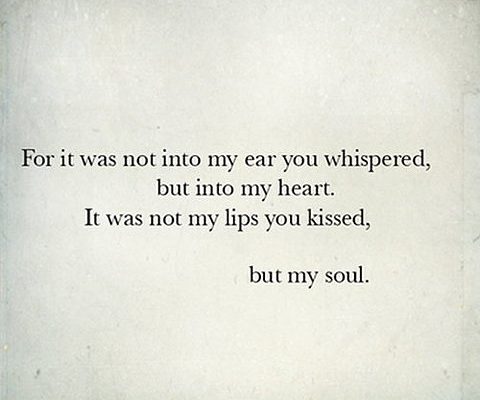Het is weer bijna Kerstmis. Kennissen, vrienden, gezinnen en hele families zoeken elkaar op, tafelen samen, brengen kortom veel tijd met elkaar door. Er worden veel gesprekken gevoerd. Een gesprek voeren is bij uitstek een gezamenlijke activiteit. Wat wellicht de verbroederende Kerstgedachten nog verder bij je aanwakkert, is het volgende. Uit onderzoek blijkt dat de breinen van spreker en luisteraar min of meer versmelten in een gesprek. Bij beiden zijn grotendeels dezelfde hersengebieden actief. En hoe beter ze elkaar begrijpen, hoe meer ze elkaar spiegelen, schrijven onderzoekers van Princeton University (PNAS, 27 juli). Gesprekken bieden je de kans om nader tot elkaar te komen — niet alleen inhoudelijk, maar zelfs biologisch of lichamelijk, althans ‘in je hoofd’.
 spreker binnen drie seconden spiegelden. Sommige gebieden werden zelfs eerder actief bij de luisteraar dan bij de spreker. Waarschijnlijk anticipeerde de luisteraar op die momenten op voorspelbare woorden en zinswendingen. Van groot belang, want hoe sterker de luisteraars anticipeerden, hoe beter ze de spreker begrepen, zo werd duidelijk uit vragen achteraf. Maar ook in algemene zin gold: hoe sterker de hersenactiviteit overeenkwam, hoe beter de luisteraar begreep wat er werd gezegd.
spreker binnen drie seconden spiegelden. Sommige gebieden werden zelfs eerder actief bij de luisteraar dan bij de spreker. Waarschijnlijk anticipeerde de luisteraar op die momenten op voorspelbare woorden en zinswendingen. Van groot belang, want hoe sterker de luisteraars anticipeerden, hoe beter ze de spreker begrepen, zo werd duidelijk uit vragen achteraf. Maar ook in algemene zin gold: hoe sterker de hersenactiviteit overeenkwam, hoe beter de luisteraar begreep wat er werd gezegd.Het onderzoek beperkte zich overigens tot een monoloog van een kwartier. De rol van spreker en luisteraar was dus volstrekt helder. Hopelijk kan vervolgonderzoek laten zien wat er gebeurt in de hoofden van mensen die echt een gesprek met elkaar voeren. Met hedendaagse technieken kan live in de hoofden van sprekers en luisteraars gekeken worden.
Bron: B. van Straten – NOORDERLOG / VPRO





